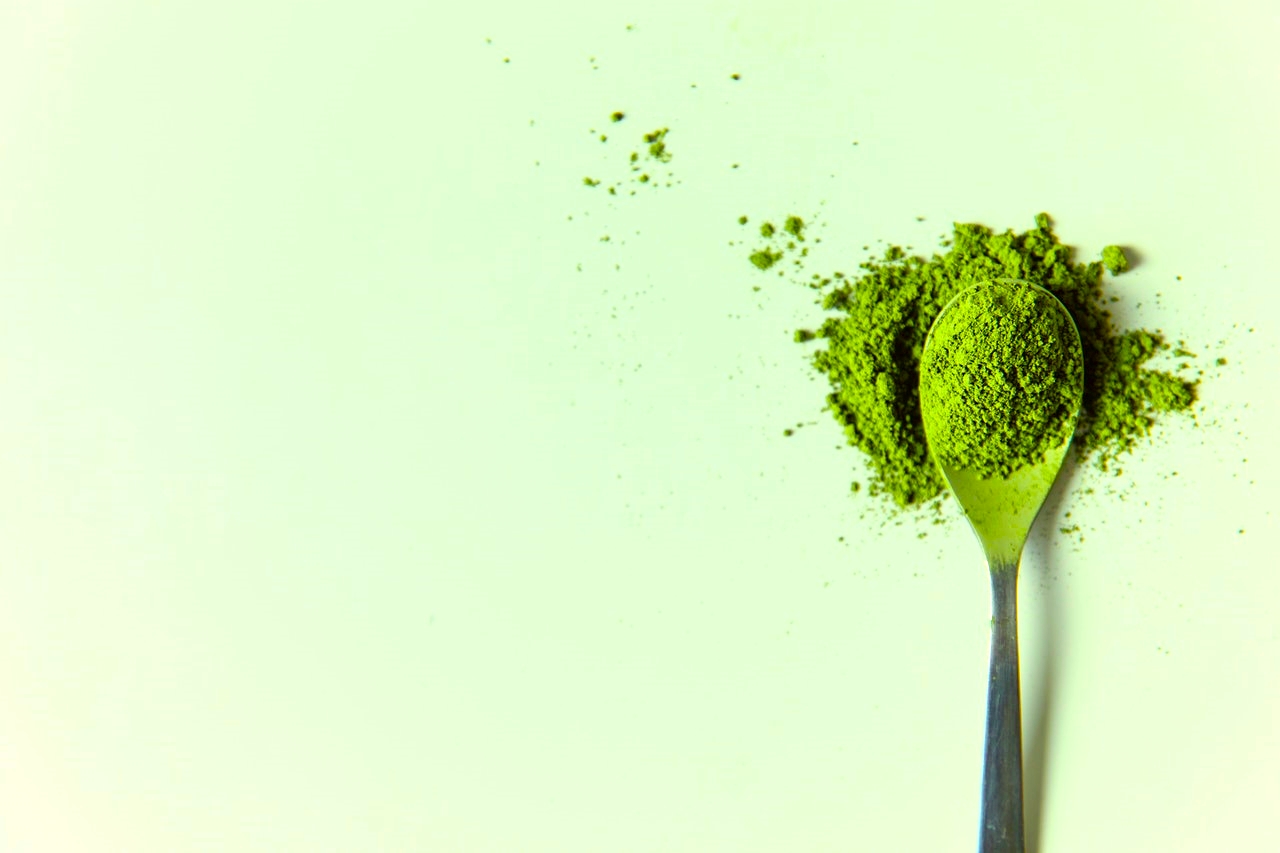Have you ever noticed that after a night of tossing and turning, you’re reaching for the cookies and chips the next day? For many of us, poor sleep leaves us craving food – especially sugar and fat. Why does this happen, and what can you do about it? Let’s look at the connection between sleep and hunger, and go over some tips to help you rest and avoid those pesky munchies.
Is there a link between sleep and cravings?
It’s not your imagination. There is a link, and the longer sleep deprivation lasts, the more intense cravings can get.1 When you’re not getting enough sleep, your body tries to get energy from quick and easy sources like sweets and other high-carb foods. These may give you a short-term fix by briefly raising blood sugar, but they don’t fuel your body for long, so the cravings keep coming back throughout the day.2
Making matters worse, poor sleep can also cause an imbalance in hormones like ghrelin (which increases appetite) and leptin (which decreases appetite). When these are thrown off, it can increase your food cravings and make it harder to know when you’re full.3
How can I change my diet to reduce food cravings?
Eating balanced meals that include complex carbohydrates, healthy fats and protein can help keep your energy levels stable throughout the day. In appropriate portions, these three food types will give you the calories you need to curb hunger, while fats and protein—which are slower to digest—will help you stay fuller longer. For example, a dinner of fish, salad and whole grain rice, or snacking on whole wheat bread and nut butter could be great options.
How can I improve my sleep to reduce food cravings?
Of course, getting a good night’s sleep is also really important to keeping your cravings under control. Here are some ways that may help you catch those precious Z’s:
1) Make your bed
Making your bed in the morning might be more important than you think. Studies have found a connection between a clean sleep environment and better sleep quality (3,9). It may be hard to believe, but that cluttered room and messy bed may be getting in the way of a good night’s rest. (3,10)
2) Drink coffee early
Everyone responds to caffeine differently, but even if you’re able to nod off after a late cup of Joe, you may not be getting deep, restful sleep. Even moderate amounts of caffeine within 6 hours of bedtime can contribute to this problem11. It’s best to get your caffeine early in the day to make sure it’s out of your system by the time you hit the hay!
3) Power down the electronics
High energy blue light can inhibit melatonin production and increase your stress hormone production, which can negatively affect sleep quality 12. Turning off your electronics about an hour before bed can help you power down too.
4) Mindful movement
Mindful movements such as tai chi, qi gong and yoga can promote restful sleep, according to a number of studies 13. This type of movement helps relieve stress, relax your muscles and tire your body out at the end of your day. Other options include going for a walk, gardening, cleaning and riding your bike.
5) Keep a cool bedroom
Studies have found that bedroom temperature can affect sleep quality even more than noise 14. If you’re too warm, it can be harder to fall asleep. Try turning down your bedroom thermostat a little and see if you notice a difference!
6) Create your bedtime routine
Habits help us stay consistent with our behaviors after we lose motivation 15. Creating a simple 3-step bedtime routine could help your body recognize that it is time to go to sleep. This routine could be as simple as a face mask, a couple of relaxing stretches and reading a few pages of a book.
7) Try taking natural sleep supplements
Alongside healthy habits, certain supplements may also help you rest better at night:
- Melatonin is a natural hormone that your body produces at night and reduces during the day. It helps regulate your internal clock , telling your body when it’s time for bed. All kinds of things can disrupt your melatonin cycle, including the blue light from your phone or traveling across time zones. If you’re having trouble unwinding at night, a melatonin supplement may help get your body back on track.*4
- Herbal Rest includes three ingredients that work together to help you get shuteye: Magnesium helps relax tense muscles and calm your mind before bed. L-theanine, an amino acid found in tea, may affect the levels of serotonin and dopamine to improve mood, sleep and stress.5 And hops flower extract is a traditional remedy used to promote relaxation and sleep.6 The combination of these ingredients can help your body settle down from the day for a better night’s rest.*
- If you’re not a fan of melatonin but need a little extra help easing a busy mind before bed, the Good Night supplement may be worth trying. It includes valerian root extract that increases the release of your neurotransmitter GABA, which helps quiet and calm your central nervous system.7 It also has sleep-inducing lavender oil and passionflower extract for an added sense of peace and calm.*8
About Natalie
Natalie is a nutritionist with a Bachelor’s in Nutrition and Dietetics from the University of North Florida. Natalie believes that proper nutrition doesn’t have to be complicated and is determined to help others reach their health goals.
Do you have questions on how you may benefit from supplements? Reach out to one of our experts, or take Persona’s free nutrition assessment, and learn exactly what you need to take your wellness to the next level.
*These statements have not been evaluated by the Food and Drug Administration. This product is not intended to diagnose, treat, cure, or prevent any disease.
This information is not intended as a substitute for the advice provided by your physician or other healthcare professional, or any information contained on or in any product label or packaging. Do not use the information from this article for diagnosing or treating a health problem or disease, or prescribing medication or other treatment. Always speak with your physician or other healthcare professional before taking any medication or nutritional, herbal, or homeopathic supplement, or using any treatment for a health problem. If you have or suspect that you have a medical problem, contact your health care provider promptly. Do not disregard professional medical advice or delay in seeking professional advice because of something you have read in this article.










